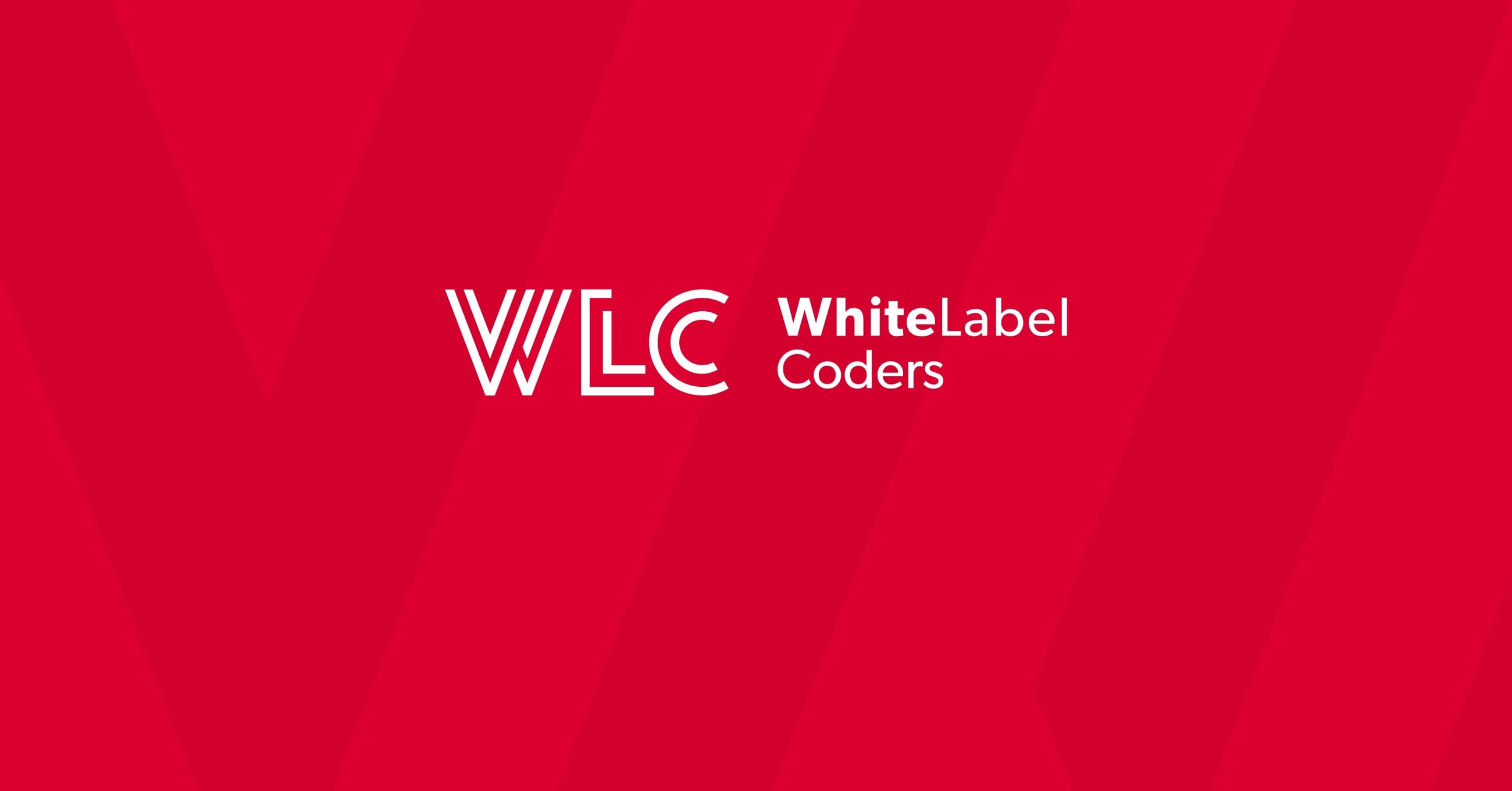Category: SEO AI
What odds calculation systems work best for sports betting platforms?

When a single percentage point in odds accuracy can mean the difference between profit and bankruptcy for a sports betting platform, choosing the right odds calculation system becomes absolutely critical. Modern sportsbook operators handle millions of bets daily, requiring sophisticated mathematical frameworks that balance risk, reward, and real-time market dynamics. This comprehensive guide addresses the most important questions about odds calculation systems and helps you understand which approaches work best for different betting platform requirements.
What are odds calculation systems and why do they matter for sports betting platforms?
Odds calculation systems are mathematical frameworks that convert probability assessments into betting odds, determining both potential payouts and built-in profit margins for sportsbooks. These systems form the financial backbone of every sports betting platform, directly impacting profitability, risk management, and competitive positioning in the market.
The relationship between probability and odds is fundamental to understanding these systems. When a system calculates that a football team has a 50% chance of winning, it might offer odds of 1.90 (decimal format) rather than the true probability odds of 2.00. This difference represents the bookmaker’s margin, ensuring profitability regardless of outcome.
Accurate odds calculation systems protect betting platforms from catastrophic losses whilst maintaining attractive odds that keep bettors engaged. Poor calculations can lead to arbitrage opportunities where professional bettors exploit inconsistencies, potentially causing significant financial damage. The system must balance competitive odds with sustainable profit margins across thousands of daily events.
For sports betting software development, these systems require robust mathematical foundations, real-time data processing capabilities, and sophisticated risk management protocols. They must handle multiple betting markets simultaneously whilst adjusting for changing conditions, injury reports, and market sentiment.
How do traditional odds calculation methods actually work?
Traditional odds calculation methods rely on statistical analysis of historical data combined with expert assessment and manual adjustments. These conventional approaches typically use regression models, team performance metrics, and head-to-head records to establish baseline probabilities before applying bookmaker margins.
The process begins with data collection from multiple sources including team statistics, player performance records, weather conditions, and historical outcomes. Mathematical models then analyse this information to generate probability estimates for various betting markets. Common algorithms include Poisson distribution for goal-scoring events and Monte Carlo simulations for complex multi-variable scenarios.
Manual adjustments play a crucial role in traditional systems. Experienced odds compilers review algorithmic outputs and modify them based on factors the mathematical models might miss, such as team morale, tactical changes, or public betting sentiment. These human interventions help account for nuanced situations that pure statistical analysis cannot capture.
Legacy systems often employ weighted averages of different predictive models, combining power rankings, form analysis, and situational factors. The final odds incorporate a predetermined margin structure that ensures profitability whilst remaining competitive with other sportsbooks in the market.
What’s the difference between automated and manual odds calculation systems?
Automated systems use algorithmic processes to calculate and adjust odds continuously without human intervention, whilst manual systems rely on human expertise to compile and modify odds based on analysis and intuition. Each approach offers distinct advantages depending on the betting platform’s scale, resources, and target markets.
Automated systems excel in speed and consistency, processing vast amounts of data and updating thousands of betting markets simultaneously. They eliminate human error and emotional bias whilst operating 24/7 without fatigue. These systems can incorporate real-time data feeds, instantly adjusting odds based on injury news, weather changes, or betting volume patterns.
Manual systems provide nuanced understanding and contextual awareness that algorithms struggle to replicate. Experienced odds compilers can recognise subtle patterns, account for intangible factors, and make strategic adjustments based on market conditions. They excel in unique situations or niche markets where historical data is limited.
Speed represents a critical differentiator. Automated systems can update odds within milliseconds of receiving new information, whilst manual adjustments may take minutes or hours. However, automated systems may occasionally produce erratic odds during unusual circumstances, requiring human oversight to prevent costly mistakes.
Most modern betting platforms employ hybrid approaches, using automated systems for standard operations whilst maintaining manual oversight for unusual events or strategic adjustments.
How do real-time odds adjustments work during live betting?
Real-time odds adjustments during live betting use dynamic algorithms that continuously recalculate probabilities based on current game state, betting volume, and live event data. These systems must process information within milliseconds to maintain accurate odds as circumstances change throughout sporting events.
The technical infrastructure requires high-speed data feeds from multiple sources, including official sports data providers, video analysis systems, and betting volume monitors. Advanced probability calculation engines analyse this information to determine how each event affects outcome likelihood, automatically adjusting odds across all related markets.
Live betting systems must account for various factors simultaneously: current score, time remaining, player substitutions, red cards, injuries, and momentum shifts. Machine learning algorithms often power these calculations, having learned from thousands of similar game situations to predict how specific events influence final outcomes.
Risk management becomes particularly crucial during live betting. Systems monitor betting patterns to identify unusual activity that might indicate insider information or coordinated betting attacks. Automated safeguards can suspend markets or limit bet sizes when suspicious patterns emerge, protecting the platform from potential losses.
The challenge lies in maintaining smooth user experience whilst processing complex calculations. Modern systems use predictive caching and parallel processing to ensure odds updates appear instantaneous to users, even when handling thousands of simultaneous calculations.
What role does artificial intelligence play in modern odds calculation?
Artificial intelligence transforms modern odds calculation through machine learning algorithms that identify patterns in vast datasets, adapt to changing conditions, and improve accuracy over time through continuous learning. AI systems can process information at scales impossible for traditional methods whilst discovering subtle correlations humans might miss.
Machine learning models excel at pattern recognition across multiple variables simultaneously. They can analyse player performance trends, team dynamics, weather impacts, and historical outcomes to generate more accurate probability assessments. Neural networks particularly shine when processing unstructured data like social media sentiment or news article analysis.
Predictive modelling represents another key AI application. These systems learn from past prediction accuracy, automatically adjusting their algorithms to improve future performance. They can identify which factors matter most for specific sports or situations, weighting their calculations accordingly.
AI-powered systems also excel at detecting betting patterns and potential market manipulation. They can identify unusual betting behaviour, coordinate attacks, or arbitrage opportunities much faster than human analysts, enabling rapid protective responses.
However, AI systems require substantial data to function effectively and may struggle with unprecedented situations lacking historical precedent. They work best when combined with human expertise for strategic oversight and handling of unusual circumstances that fall outside their training parameters.
How do you choose the right odds calculation system for your betting platform?
Choosing the right odds calculation system depends on your platform size, target markets, technical capabilities, budget constraints, and integration requirements with existing betting infrastructure. The decision significantly impacts operational efficiency, profitability, and competitive positioning in the marketplace.
Platform size determines system requirements significantly. Small operators might succeed with simpler rule-based systems or third-party odds feeds, whilst large platforms require sophisticated proprietary systems capable of handling millions of calculations daily. Consider your current transaction volume and projected growth when evaluating system capabilities.
Technical requirements include integration capabilities with existing sports betting software, real-time data processing speeds, and scalability for future expansion. Evaluate whether you need custom development or can utilise existing solutions, considering factors like API compatibility and database requirements.
Budget considerations extend beyond initial implementation costs to include ongoing maintenance, data feed subscriptions, and system updates. Automated systems typically require higher upfront investment but lower ongoing operational costs, whilst manual systems need continuous expert staffing.
Market focus influences system selection significantly. Mainstream sports with abundant data suit automated approaches, whilst niche markets might benefit from manual expertise. Consider whether you’re targeting recreational bettors who prioritise user experience or professional bettors who demand competitive odds and extensive market coverage.
For iGaming companies seeking robust WordPress-based solutions, specialised development services can integrate sophisticated odds calculation systems with content management capabilities, creating comprehensive platforms that handle both betting operations and marketing requirements effectively.
The most successful betting platforms often start with proven third-party solutions before developing proprietary systems as they grow. This approach allows testing of different methodologies whilst building internal expertise for future custom development projects.

